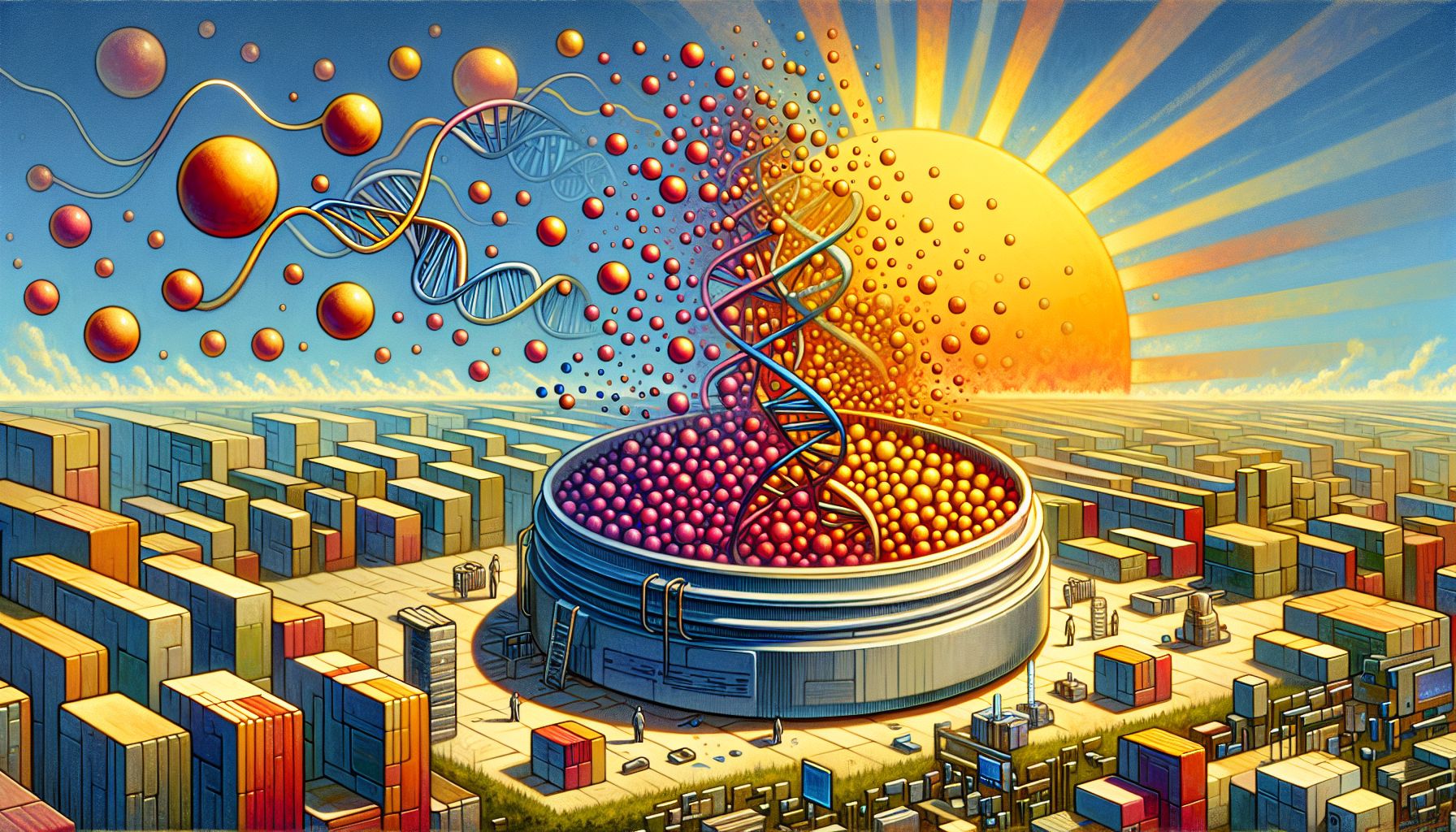DNA Microcapsules: TU Eindhoven's Breakthrough in Data Storage

Eindhoven, Tuesday, 27 August 2024.
TU Eindhoven unveils groundbreaking DNA microcapsule technology for archival data storage. This innovation promises to revolutionize storage methodologies, offering compact, long-lasting solutions. Researchers warn that by 2027, half of global data may be unstorable, highlighting the urgent need for advanced storage techniques.
Introducing DNA Microcapsules
The DNA microcapsule project spearheaded by TU Eindhoven, in collaboration with Microsoft and several leading universities, marks a significant leap in data storage technology. This innovation leverages synthetic DNA to store files and photos, presenting a compact and enduring solution that could potentially render traditional data centers obsolete. The research team, led by Dr. Tom de Greef from TU Eindhoven’s Department of Biomedical Engineering, has developed a scalable technique known as ‘thermo-confined PCR’ to enhance the efficiency and reliability of DNA data storage.
How DNA Microcapsules Work
The core of this technology lies in the use of microcapsules that can store DNA sequences encoding digital data. These capsules are designed to seal at temperatures above 50 degrees Celsius, protecting the data from degradation. Each file stored in these microcapsules is tagged with a fluorescent label, allowing for easy identification and retrieval using color recognition. This innovative approach enables the simultaneous reading of up to 25 files with minimal error, a significant improvement over current methods that suffer from a 35% data loss after three reads.
Advantages and Future Prospects
One of the primary advantages of DNA microcapsule storage is its longevity. Unlike traditional magnetic or optical storage media, DNA can remain stable for thousands of years without degradation. Additionally, the compact nature of DNA allows for enormous amounts of data to be stored in a very small physical space. Dr. de Greef anticipates that future cost reductions in DNA synthesis will make it feasible to establish a DNA data center in the Netherlands, potentially the first of its kind globally. This center could revolutionize how we store and manage data, addressing the looming data storage crisis predicted for 2027.
Collaborative Efforts and Publication
This groundbreaking research is the result of a collaborative effort involving TU Eindhoven, Microsoft, and university partners such as the University of Washington, Radboud University, the University of Bristol, and Shanghai Jiao Tong University. The findings have been published in the prestigious journal Nature Nanotechnology under the title ‘DNA storage in thermoresponsive microcapsules for repeated random multiplexed data access’ (DOI: 10.1038/s41565-023-01377-4). This publication underscores the significant advancements made in the field and sets the stage for further innovations in DNA data storage.

